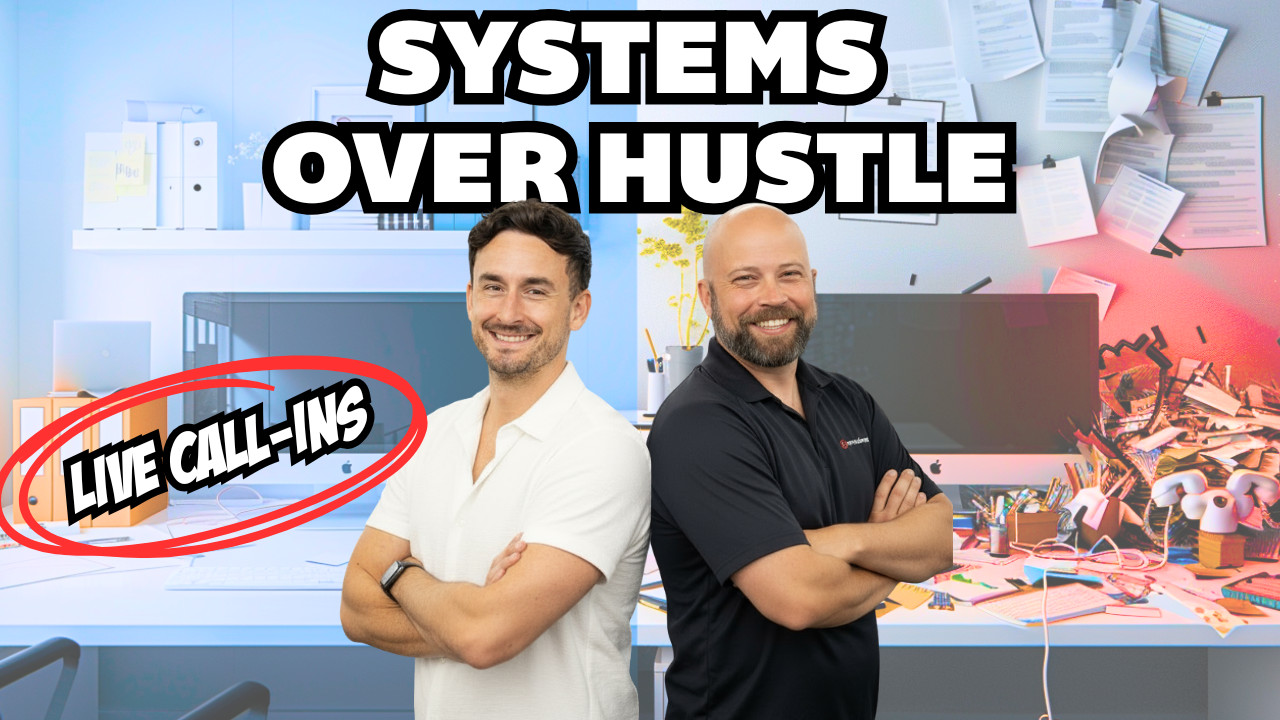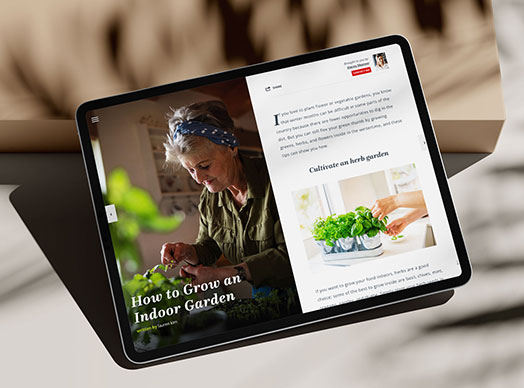After doing thorough research into your real estate farm’s demographics, the next step is to establish a presence in the area to generate referrals and repeat business. Knocking on doors is a great start, but you should also give your prospects a pleasant experience they’ll remember you by through hosting community events.
Community events work at generating clients because they allow people to see your passion and expertise for real estate. Not to mention, prospects want to know that their real estate agent isn’t a sales robot and can have fun, too.
Events you might consider hosting
- Seminars
- Happy hours
- Holiday/Seasonal events
Seminars
Display your knowledge by holding a seminar based on your real estate demographics. If you live in an area with young people, you might consider a new homeowner’s workshop. With older crowds looking to sell, get them prepared by giving them the best tips on selling their home.
Happy hours
Real estate agents are people, too. They like to have fun but often aren’t seen in this light. Host a happy hour at a local restaurant and get to know your prospects on a personal level. This way, you can follow up with them around their personal milestones and let them know you’re there for them. When it’s time for them to sell or buy property, they’ll remember when you asked about their kids or congratulated them for a promotion. When they get to know you better as a person, they’ll be more likely to choose you as their agent.
Holiday/Seasonal events
If your demographic is families with young kids, consider hosting a holiday event. Have food and pictures with Santa or the Easter Bunny. It’s easy, fun, and the client will have the photo for a long time to remember the event by, helping generate more referrals and repeat business.
During other seasons, ideas like a Fourth of July BBQ and Halloween costume party have a lot of networking potential.

Deciding time and location of an event
Timing of an event makes a lot of difference in both the attendance and success rate of it. Aim for evenings or weekend afternoons when most working adults are likely to be free. In terms of location, make sure there is enough space for your invited guests to have a plus-one, because they might bring along someone as a social buffer.
How to spread the word about your events
- Social media
- Email lists
- Flyers
Social media
You should already be using your social media accounts to garner more engagement from your clients. Always promote your events clearly on each platform such as Instagram, Twitter, and Facebook. Cater to the audience you’re trying to reach. For example, younger audiences respond best to Instagram Stories, while older audiences respond best to Facebook posts. Make the post attractive with bright colors that grab the reader’s attention.
Email lists
Pull your clients’ and prospects’ email addresses from your CRM and create an events email list. Send out invitations via email, even if you’ve already posted about it on social media. The more people see an event posting, the more likely they are to remember it and attend. Follow up with reminder emails two weeks and two days prior to the event. Have a link in your email to a form where they can fill out whether they’ll attend and if a guest is coming with them.
Flyers
Old school flyers are still an effective method of reaching out to people. Canvas your area and place flyers on front doors. (It’s illegal to put unstamped mail in mailboxes.) You can connect with local businesses and ask them to put your flyer somewhere visible. This is an opportunity to network with the businesses as well. Be sure to let them know they’re also invited.
Follow up after the event
After the event, you will have to be the one to start a conversation with the people who attended. With busy schedules, people won’t remember to let you know their feedback after the event. Follow up with your clients and prospects through one of these avenues.
You can send an email to people thanking them for attending and asking for feedback. Make your contact information easy to find in the email so they can call if they’d prefer to.
And speaking of calling . . . you can do that too! Pick a reasonable hour— preferably not during business hours, dinner hour, or late at night—and call attendees to ask how they liked the event. Be sure to thank them for coming. If you learned any personal information about them, ask about their job, kids, or dog. Get a conversation going and let them know that you’re always available to call if they need any information or help with their real estate needs.
Evaluating the event’s success
Once you’ve followed up with everyone, begin to evaluate the success of your event. This is an important step before the planning process of the next event begins. Success is determined by a few factors. Attendance is not the most important factor. The number of people attending could be high, but the real sign of success is the engagement afterwards. Look at who gave feedback, what that feedback was, and whether you got any new business from the event. This includes people who didn’t attend, but said they heard about you from a friend who did attend. Update your CRM to reflect the new prospects and clients gained.

















